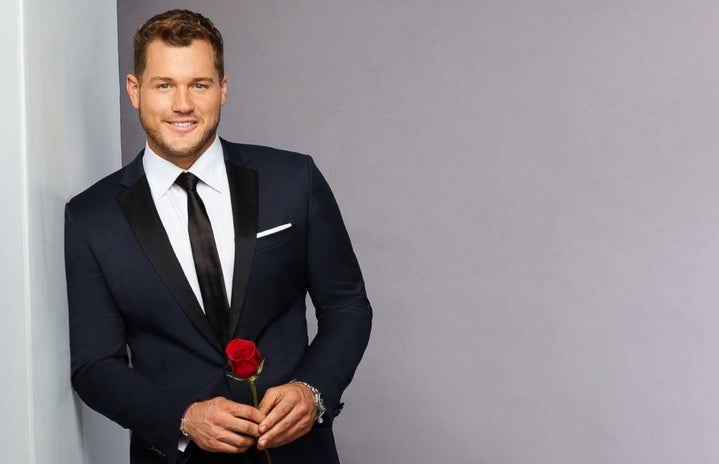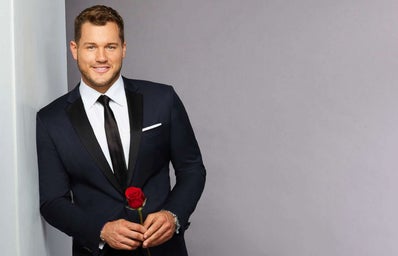Shocking the world and Bachelor Nation, former Bachelor Colton Underwood came out as gay on Good Morning America (GMA) the morning of Wednesday, April 14. While it may not seem newsworthy to some, Underwood’s season (season 23) was almost defined by traditionality. The former pro-football player emphasized the importance of faith and abstinence from sex as two key aspects of any potential relationships he may have had. That season sparked large amounts of controversy while highlighting the vastly contrasting audiences of The Bachelor.
In his exclusive interview with GMA host Robin Roberts, Underwood described the rollercoaster of emotions that came with identifying and understanding his sexuality. “I got to a place where I didn’t think I’d ever get to share this. I would’ve rather died than say ‘I’m gay,’” he told her. He also briefly mentioned suicidal thoughts, and even a sucide attempt surrounding these circumstances.
Yet, while Underwood’s story of shame, guilt and, finally, acceptance is heartbreaking (and simultaneously celebratory), it’s not unusual or out of the ordinary — especially in religious communities.
JUST IN: Former “Bachelor” star @Colton Underwood speaks his truth and comes out to @robinroberts: “I’m gay. And I came to terms with that earlier this year and have been processing it… I’m the happiest and healthiest I’ve ever been in my life.” https://t.co/PoYJUAPBpA pic.twitter.com/isP7SptUu7
— Good Morning America (@GMA) April 14, 2021
Growing up in an extremely conservative, Christian home and environment, I was taught that being gay was not only a sin, but perhaps one of the most shameful “lifestyles” one could live. Now this isn’t new— being anti-LGBTQ+ and the church have become almost synonymous. I’ve watched teachers, parents, pastors, and elders who claim love, acceptance and forgiveness go out of their way to oppress, shame, and tyrannize those who identify as a part of the LGBTQ+ community.
Over the years, I’ve come to realize that the oppressive nature of the church towards the LGBTQ+ community is rooted in historical oppression and white supremacy (like everything else). As the church inherently became the face of the wealthy, white men who constructed our society, the ability to accept others who didn’t fit this stereotype was never a true, available option.
I’ve always wondered why — why the church believes it’s their job to police others on their lifestyles, or why many identifying Christians feel entitled to shaming and guilting their own peers. While I don’t have those answers, I do know that a prominent figure within the Christain community coming out of the closet will push many to reflect on their beliefs. The strength displayed by Colton Underwood hopefully serves as a reminder of the struggles of the LGBTQ+ community continually inflicted by the church along with hope; hope, that in the days to come, the church and its members will extend their acceptance to all, rather than to some.


